Social media is crowded, and even more so for brands that are trying to stand out above the rest! It’s essential to test and track your results so that you can identify the most effective strategies – which is why social media analytics are so important.
Updates you share, the interactions they generate from your followers, those comments you replied to, all come together to form extremely useful data. Without this data, you’re in the dark about what is and isn’t working. So, DMT has listed out 4 reasons why you should use social media analytics and the tools you can use to track them.

1. They help you understand your audience
Understanding your audience using social analytics can help your brand in so many ways. For example, analyzing your past posts can be crucial in deciding what time of day is best to post. As many social media marketers know, timing is an essential part of the profession. If you post when your followers are online and at their highest level of alertness, your posts will drive more engagement, traffic and sales.
So, it goes without saying that you should spend some time looking through your pages’ analytics and find your optimal time to post on social media. There are plenty of tools you can use to do this – on Facebook, you can view your company page insights with built-in analytics. Many scheduling tools such as Social Report also show you the best time for you to post.

2. They show you what platform is working well for your brand
There are new social media sites popping up constantly these days. In addition to Facebook and Instagram, there’s Twitter, LinkedIn, Snapchat and Pinterest to name just a few. Most brands struggle to have a strong presence on every single site, and just because Facebook has over 2 billion users, and Instagram 800 million, it doesn’t mean it’ll drive the best results.
Through experimentation and using your pages’ analytics to measure engagement, sales and reach you can confirm which social networks work best for your business or brand. That way you can maximize your efforts on these sites and either drop the others or scale back your efforts with them.
Most social media dashboards and schedulers have tools built in to compare performance.

3. They can help you to create better content
By tracking your social networks you’ll be able to understand what type of content drives the best results. You can see whether images, links or videos do better on sites like Facebook or Twitter, and on Instagram, you can find out what type of visual image performs best.
To figure out what content is performing well, you can use your social media page’s analytics. As mentioned above, some social networks like Facebook have built-in analytics that shows what is performing best. You can view it in the ‘posts’ section of your insights on Facebook.

4. They can help your paid campaigns
If a brand doesn’t analyse the performance of their ads, you can end up wasting a lot of money really quickly. Analytics should be at the forefront of any paid social team. Not having this as a priority is detrimental to any client.
Monitoring these figures enables you to see what campaigns, specifically ads, and targeting, are performing well. But, more importantly, you can see if anything is underperforming and adapt accordingly. Facebook Ads Manager is great for providing analytics for your paid campaigns.

Final thoughts
As you can see above there are many benefits of using your social media analytics. It can help improve your presence in the short term and it also ensures you get more out of the time you spend online. For best results make sure you use the right tools to track your analytics and only track metrics that matter most to your brand and business!
Are you an eCommerce brand looking for help with your social media strategy? Get in touch for an audit! You can also find us on Facebook, Twitter, LinkedIn and Instagram.
















.svg)